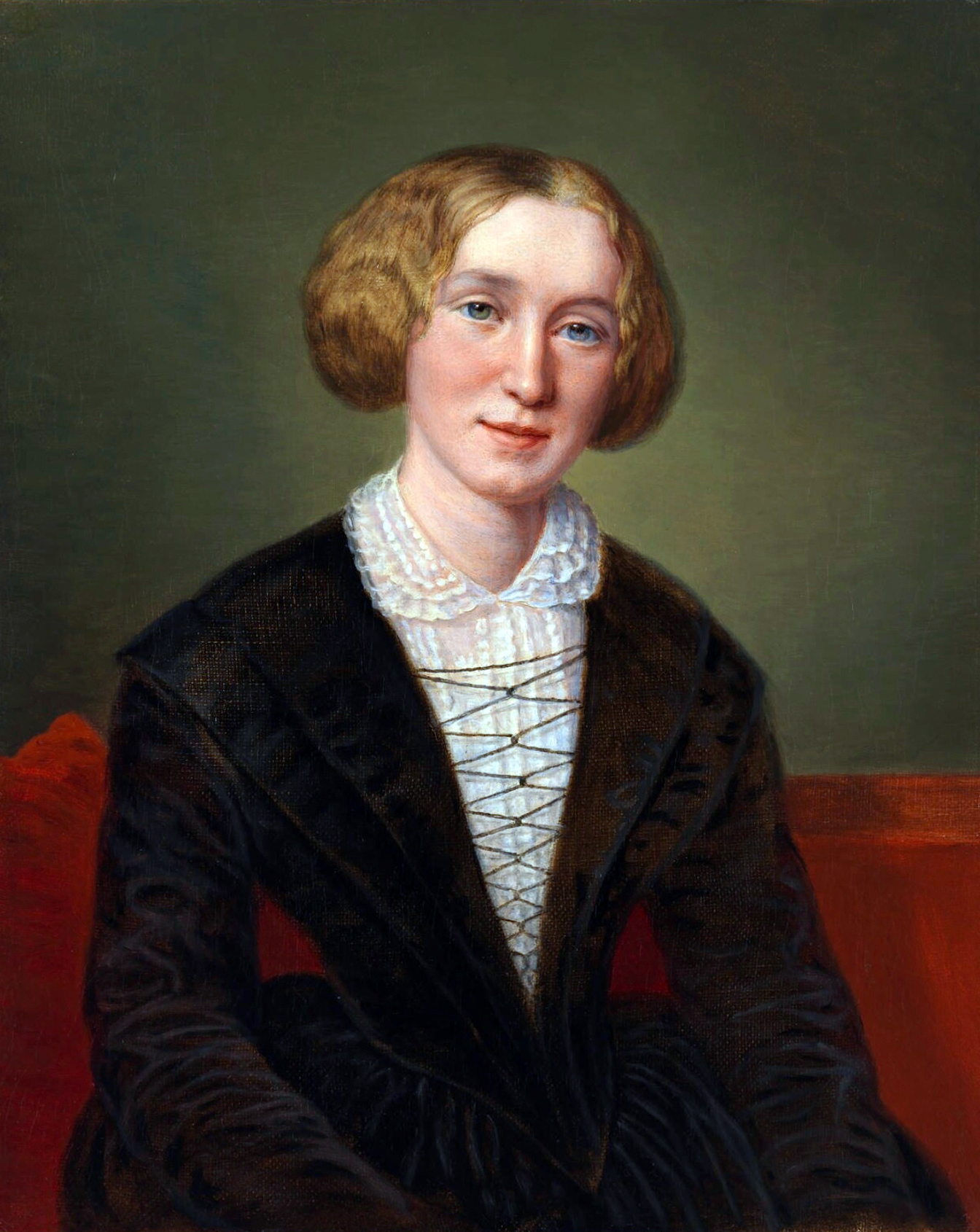George Eliot nejznámější citáty
George Eliot: Citáty o životě
George Eliot citáty a výroky
George Eliot: Citáty anglicky
Zdroj: Silas Marner: The Weaver of Raveloe (1861), Chapter 6 (at page 48)
“Childhood has no forebodings; but then, it is soothed by no memories of outlived sorrow.”
The Mill on the Floss (1860)
The Legend of Jubal (1869)
“There's no disappointment in memory, and one's exaggerations are always on the good side.”
Daniel Deronda (1876)
“I say that the strongest principle of growth lies in human choice.”
Daniel Deronda (1876)
“The immortal name of Jubal filled the sky,
While Jubal lonely laid him down to die.”
The Legend of Jubal (1869)
Kontext: But ere the laughter died from out the rear,
Anger in front saw profanation near;
Jubal was but a name in each man's faith
For glorious power untouched by that slow death
Which creeps with creeping time; this too, the spot,
And this the day, it must be crime to blot,
Even with scoffing at a madman's lie:
Jubal was not a name to wed with mockery.
Two rushed upon him: two, the most devout
In honor of great Jubal, thrust him out,
And beat him with their flutes. 'Twas little need;
He strove not, cried not, but with tottering speed,
As if the scorn and howls were driving wind
That urged his body, serving so the mind
Which could but shrink and yearn, he sought the screen
Of thorny thickets, and there fell unseen.
The immortal name of Jubal filled the sky,
While Jubal lonely laid him down to die.
“when a man had deserved his good luck, it was the part of his neighbours to wish him joy.”
Conclusion (at page 183)
Silas Marner: The Weaver of Raveloe (1861)
Zdroj: Silas Marner: The Weaver of Raveloe (1861), Chapter 9 (at page 73-74)
“It's but little good you'll do a-watering the last year's crop.”
Adam Bede (1859)
The Legend of Jubal (1869)
“It was a room where you had no reason for sitting in one place rather than in another.”
Ch. 54 http://books.google.com/books?id=A2wOAAAAQAAJ&q=%22It+was+a+room+where+you+had+no+reason+for+sitting+in+one+place+rather+than+in+another%22&pg=PA187#v=onepage
Middlemarch (1871)
“Anger and jealousy can no more bear to lose sight of their objects than love…”
Book I, ch. x
The Mill on the Floss (1860)
Zdroj: Felix Holt, the Radical (1866), Chapter 16 (at page 158)
As quoted in Golden Gleams of Thought from the Words of Leading Orators, Divines, Philosophers, Statesmen and Poets (1881) by S. Pollock Linn; also in Still Waters http://books.google.com/books?id=VjAqAAAAYAAJ (1913)
